Table of Contents
What is Wheatgrass?
Wheatgrass used for various health benefits, biologically known as Triticum aestivum wheatgrass is consumed as a drink prepared from the cotyledons. It is known as the ability to strengthen immunity and cope with cancer.
In the 1930s, the agricultural chemist Charles F. It came out after many experiments by Schnabel. Usually, the wheat plant starts to grow and is harvested before becoming brown and has been proven to be one of the most healthy plants.
In the treatment of intestinal problems, high blood pressure is effective in reducing nausea and constipation. It also helps in weight loss, oral care, and body detoxification.
It is closely related to wheat. It is a thick and dry grass that looks like straw. It has played a role in natural medicine for generations. It is harvested in the early stages of development, usually within 7-10 days after the germination. First of all, wheatgrass raised to make hay or raised to graze animals can provide a few health benefits.
It is called “green blood” because it contains high levels of chlorophyll. It can also be used as powder, capsule, liquid suspensions. It can be added to Smoothie drinks and consumed. Some health benefits are;
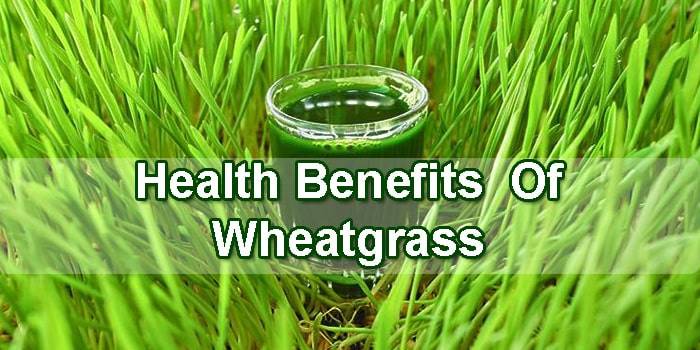
It Acts Like Antioxidant And Anti-Inflammatory
Some studies have shown that they act as antioxidants because they contain vitamin A, vitamin C, and vitamin E. Antioxidants reverse the effects of free radicals. Free radicals in the body are linked to aging and other health problems, including cancer.
Editor’s Pick:
Antioxidants help fight chronic inflammation that occurs when the immune system reacts to certain health problems such as arthritis, stomach problems, skin problems. It can also reduce mental health problems such as depression. Many health benefits are due to its antioxidant role. Therefore, it can provide similar benefits to many other plant-based foods.
Helps To Prevention And Treatment Of Cancer
Like other antioxidant-rich foods, it can help prevent cancer and support traditional cancer treatments. A study in 2017 found that oral cancer could slow growth.
Other studies have also yielded similar results. For example, a study in 2015 found that colon cancer slowed the growth and caused some cancer cells to die. It can also increase the effects of chemotherapy. A study found that the side effects associated with chemotherapy decreased.
Fight With Infection
Research has found that certain infections slow down or kill growth. Therefore, it may be useful especially in the treatment of antibiotic-resistant infections or in persons allergic to specific antibiotics.
The 2015 study conducted in a test tube showed that strep infections and antimicrobial properties were capable of fighting against a species of bacteria called Lactobacillus at the same time. Lactobacillus bacteria play a role in many infections, including tooth infections.
Treat Gastrointestinal Disorders
Traditional medical practitioners used wheatgrass for a long time to reduce stomach pain and manage small gastrointestinal problems such as diarrhea. The gastrointestinal benefits involved may be partly due to fiber content. It is a good option for people who are gluten-free and have gluten intolerance.
Some studies suggest that the treatment of ulcerative colitis may be particularly useful. Compared to a placebo, wheatgrass reduces pain and other symptoms in some people. For people who are not healed by using traditional medications, it may be an alternative medicine.
Prevent And Treat Diabetes
Research has found that diabetes can benefit patients. For example, a 2014 study on rats found that it could balance insulin levels by helping to reduce blood glucose.
By fighting inflammation, it can help reduce the side effects of diabetes. Preliminary research points to the power of wheatgrass to combat obesity. Obesity is a risk factor for diabetes and can intensify the negative health effects of diabetes.
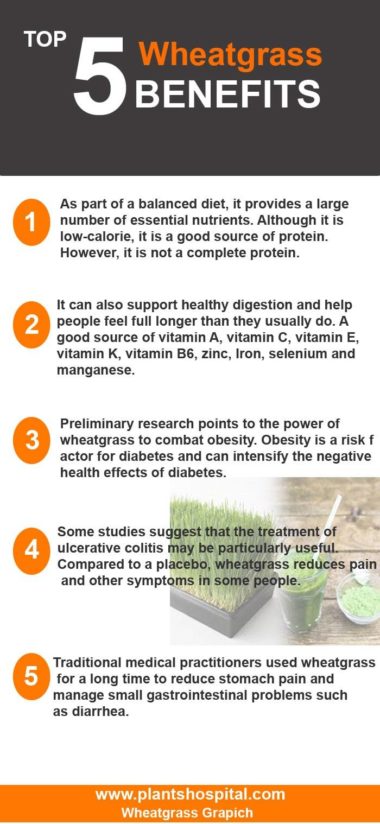
Nutritional Content Of Wheatgrass
As part of a balanced diet, it provides a large number of essential nutrients. Although it is low-calorie, it is a good source of protein. However, it is not a complete protein. Like most plant-based foods, it is an excellent source of fiber that can help reduce blood sugar.
It can also support healthy digestion and help people feel full longer than they usually do. A good source of vitamin A, vitamin C, vitamin E, vitamin K, vitamin B6, zinc, iron, selenium, and manganese.
Risks Of Use
People who are allergic to other herbs may be allergic to wheatgrass. Similarly, due to cross-contamination and cross-pollination, the wheat plant can contain pollen from other plants. People with plant allergies should consult a doctor before consuming them.
Side Effects Of wheatgrass
x Some people experience nausea or constipation after consuming high fiber content. People with a history of constipation should talk to a doctor before consuming it.
x Sometimes, the raw form is contaminated with mold or bacteria. If you are preparing at home, wash thoroughly to clean the contaminants before use.
x When you consume wheatgrass supplements, buy only from a reliable source. To reduce the risk of contamination, in which you can contact the manufacturer to find out what steps should be taken.
Recommendations For Consumption
Naturally, it has a taste like grass. So how can you taste it?
If you prepare a smoothie that you use as the main ingredient, you will probably continue to taste like grass.
However, combining with other foods that have a strong taste, such as pineapple or citrus, can help balance its flavor. Some people prefer to use it as capsules or powder. So you don’t enjoy it and it’s easier to use it daily.
As A Result:
Many studies have yielded promising results, but are not well designed. For this reason, it is not possible to know for certain whether or not wheatgrass can treat or prevent a specific medical condition.
Since most people are well tolerated, it is safe to use them with other treatments. No one should be used instead of medical treatment. As research advances, there may be an effective medical treatment for other medical conditions.



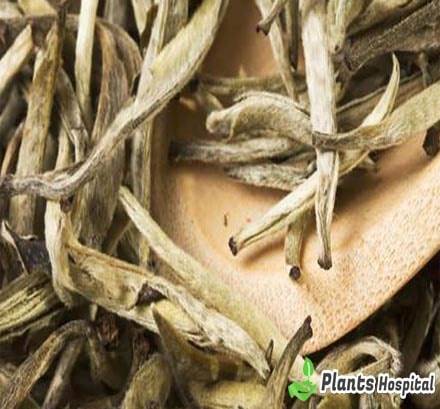
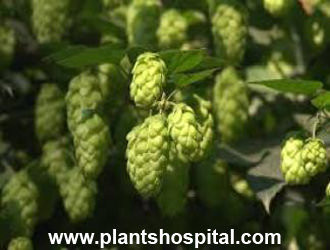
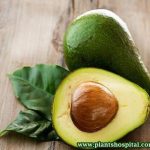
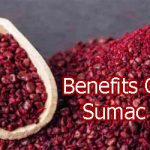

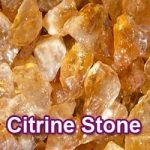
Using health supplements to make up for food items can be unsafe relying on the dosage because it can interfere with our body’s organic state